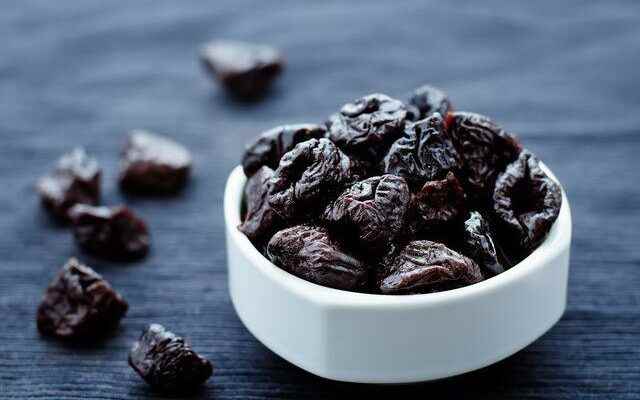Constipation is one of the biggest signs of intestinal health problems. Adequate and balanced diet should be used to prevent intestinal diseases. The pace of life, poor diet, lack of rest, and generally little physical activity particularly contribute to constipation.
Therefore, it is important to follow a healthy lifestyle to have a healthy intestinal transit. And one of the easiest ways to do this is to consume natural laxative foods.
Natural foods are the best option to combat constipation because this way you can avoid over-consumption of drugs that can cause serious health problems in the long run.
These foods, which act as natural laxatives, contain a lot of fiber, so they are ideal for constipation. Here are 8 foods with natural laxative effects.
DRIED PLUM
In addition to its high fiber content (eight prunes meet 25 percent of the daily intake), prunes contain dihydroxyphenylisatin, a substance that stimulates intestinal contractions, as well as sorbitol and phenolic compounds, which have a laxative effect. Prunes can also be consumed in the form of juice or compote.
APPLE
Ripe fruits such as apples and pears contain the insoluble fiber pectin, which slows the absorption of certain nutrients and forms a gel. Pectin increases stool volume and improves stool consistency, making it easier to pass.
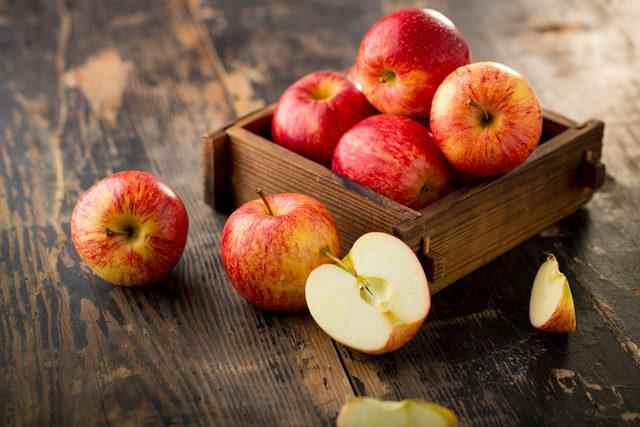
COFFEE
Studies have shown that coffee has a laxative effect. Contrary to popular belief, this is not because caffeine is because coffee stimulates the production of gastrin, a hormone that increases stomach acid production, which regulates the contractile movements of the distal colon (the part closest to the rectum) and speeds up stomach emptying. Coffee also increases the synthesis of cholecystokinin, another hormone that aids digestion. But the laxative effect of coffee does not work for everyone.
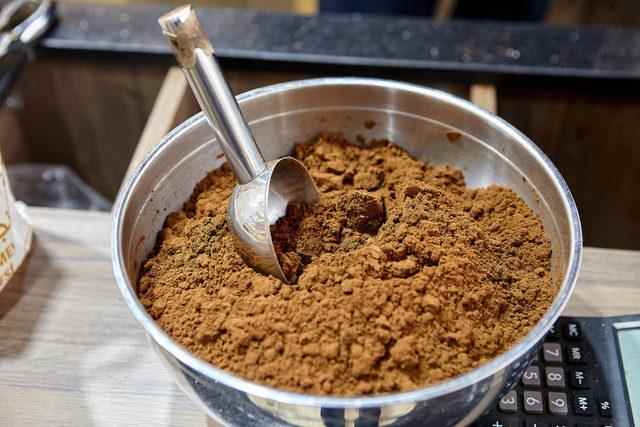
GRAPEFRUIT
Constipation is often associated with dry stools, when they stay in the colon for too long, the stool reabsorbs water, resulting in hard, dry stools that are difficult to pass. Simply more fluid intake is ineffective at this point because water is excreted in the urine. Juices contain both fiber (provided they retain the pulp) and water, which allows water to be retained and rehydrated in the stool. Grapefruit juice is the best option as it contains naringin, which stimulates colon secretions.
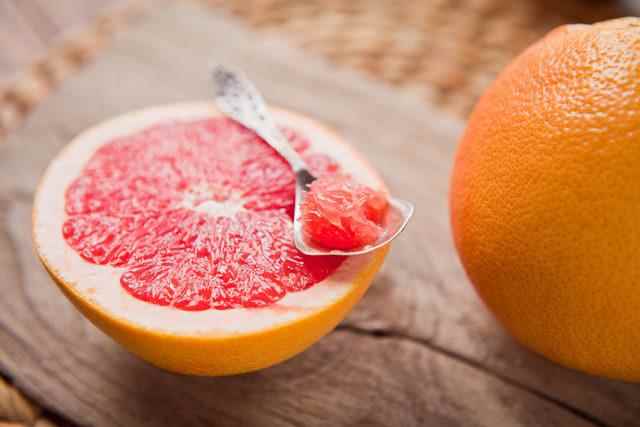
FAT FOODS
Watch out for diets that are very low in fat. Oil, butter and margarine have a lubricating effect on the gut, provided they are eaten raw or slightly heated (they delay digestion at high temperatures). Olive oil is even more effective as it stimulates bile secretion.
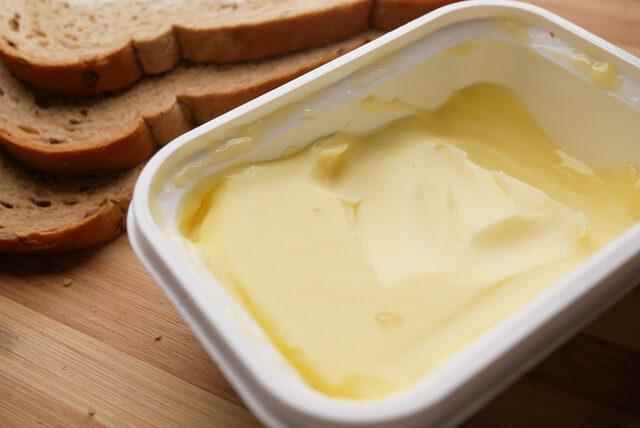
WHOLE GRAINS
The hull or bran of whole grains (brown rice, bulgur, etc.) contain vitamins and insoluble fiber. Insoluble fibers swell in the presence of water and increase stool volume. They also stimulate contraction of the intestine.
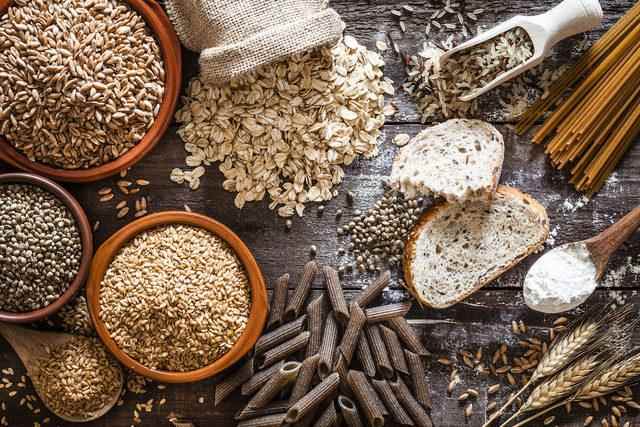
YOGHURT
Yogurt and fermented milk products contain probiotics that balance the intestinal flora. Several strains of good bacteria, such as Bifidobacterium infantis, Bifidobacterium lactis, Lactobacillus acidophilus, and Saccharomyces boulardii, are effective in promoting intestinal contractions. Lactose from dairy products also has a mild laxative effect.
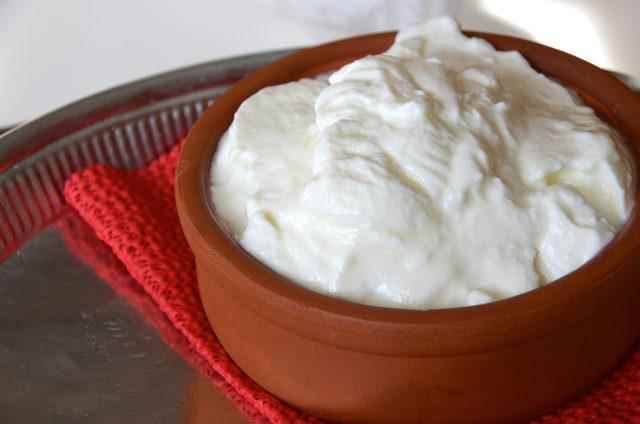
FIG AND DRIED APRICOT
Very rich in fiber (10 to 13 g per 100 g), figs and dried apricots are natural laxatives. These berries are also rich in potassium, a lack of potassium can cause constipation.
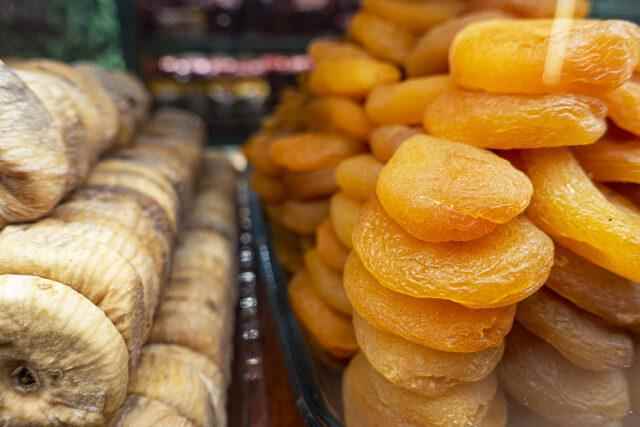
With a few simple lifestyle changes, you can prevent intestinal disorders and avoid the problems associated with constipation.
FOR Plenty of Water
If you are constipated, feel free to drink more water than usual. Adequate fluid intake is the basis for good intestinal transit. Liquids increase the volume of intestinal contents and promote regular bowel movements.
Drinking 1.5 to 3 liters of water a day helps prevent constipation. Mineral waters rich in magnesium, which have a mild laxative effect, may also be preferred. Do not forget to consume teas, herbal teas, fruit juices without added sugar and homemade soups.
CONSUME FIBER
Fiber is especially effective in combating constipation. They are found in large amounts in fruits and green leafy vegetables. Among the fruits, strawberries, pears, kiwis and plums are excellent and help a smooth intestinal transit.
The foods richest in fiber are legumes (lentils, peas or beans) and whole grains. For example, there’s nothing like a breakfast based on oat bran or flax seeds, fruit, and squeezed orange juice. Limit consumption of processed, fatty foods and foods containing refined sugar.
DON’T DELAY GOING TO THE TOILET
You don’t need to spend long periods on the toilet to improve your intestinal transit. On the other hand, avoid retracting and delaying the moment to go to the toilet when the urge arises.
EXERCISE
A sedentary lifestyle increases the risk of constipation. It is important to move daily to activate intestinal transit. It is recommended to walk for at least half an hour a day. It is also recommended that you regularly do a sport that works the abdominal muscles, such as swimming.
AVOID LOW FIBER DIETS
Avoid very restrictive diets. These are diets that contain little variety or very little fiber. A sudden change in diet and an improper diet can disrupt the proper functioning of the intestines. The ideal is to have a good amount of fiber, minerals, vitamins and protein in your diet.
